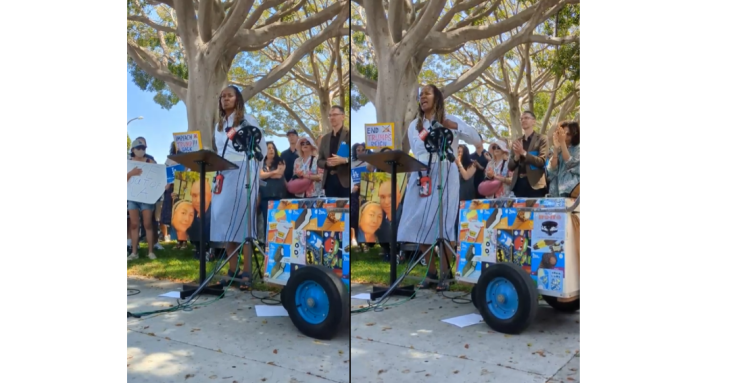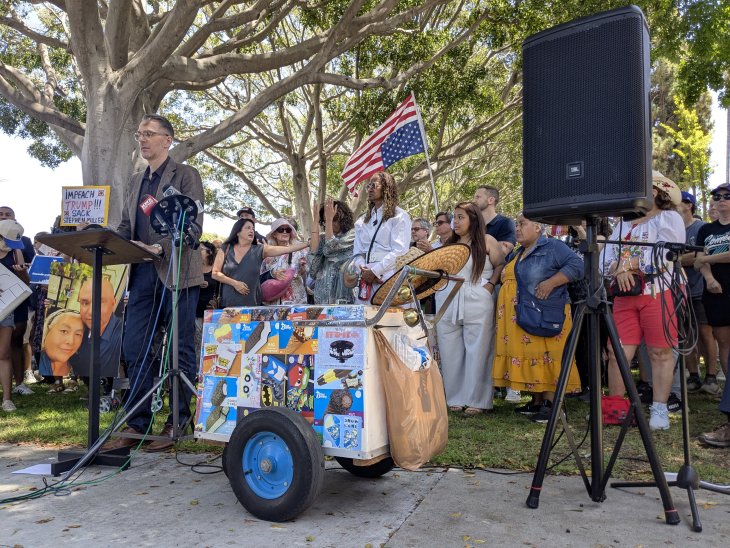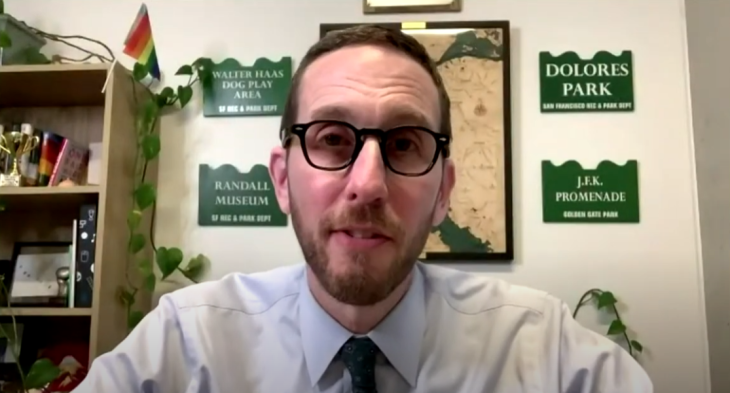Kenneth Mejia Urges Strategic Planning Amid Financial Concerns
In a stark message accompanying the release of the Annual Comprehensive Financial Report (ACFR), Los Angeles City Controller Kenneth Mejia highlighted a year of strong revenue growth but expressed deep concerns about the city’s financial trajectory. The ACFR, released each January, provides a comprehensive overview of the city’s finances.
In his message, Mejia reported a record surplus on July 1, the beginning of the fiscal year, but cautioned that the city is currently spending well beyond its actual revenues. Projected deficits for the upcoming years raise alarm bells, prompting Mejia to emphasize the need for strategic, long-term solutions to safeguard vital city services.
While acknowledging the economic challenges posed by the pandemic and the end of major federal emergency aid, Mejia outlined that revenue growth has slowed and fallen short of optimistic projections. Concurrently, spending has exceeded anticipated levels, leading to a budget shortfall estimated to be over $143 million, according to the City Administrative Officer (CAO). This shortfall could balloon to $400 million in the next year.
Mejia identified key warning signs, including departmental spending surpassing the budget by nearly $200 million, underspending on vital infrastructure, and chronic staff shortages affecting productivity and services. He also pointed to the significant financial impact of new police contracts and the need for a transparent Capital Improvement Program. You can access the full report here.
The Controller urged a serious, strategic five-year plan to address the city’s fiscal challenges, emphasizing the importance of breaking with the opaque budgetary process. Mejia proposed transitioning to a two-year budget cycle, enhancing community participation, and adopting a more strategic approach to the city’s finances.
The call for participatory budgeting and a transparent Capital Improvement Program reflects Mejia’s commitment to citizen engagement and fiscal responsibility. He stressed the need for a phased approach to solving long-standing problems, collaborating with city stakeholders to reform the budgeting process, and prioritizing resources based on the evolving needs and values of Los Angeles.
Mejia concluded by asserting that Los Angeles has the potential to restore fiscal health, improve vital services, and lead in addressing climate change, housing insecurity, and economic challenges. He emphasized the importance of putting the city on a path to fiscal sustainability to meet residents’ expectations and secure a prosperous future.
The City Controller’s call for a comprehensive, long-term fiscal strategy signals a critical moment for Los Angeles to navigate financial challenges and ensure the well-being of its residents.























